‘Dungeons & Dragons’ Senior Game Designer Disavows How Series Was Made By “White Dudes”, Boasts That Much Of Original Material “Would Never Pass Our Inclusivity Reviews Today”
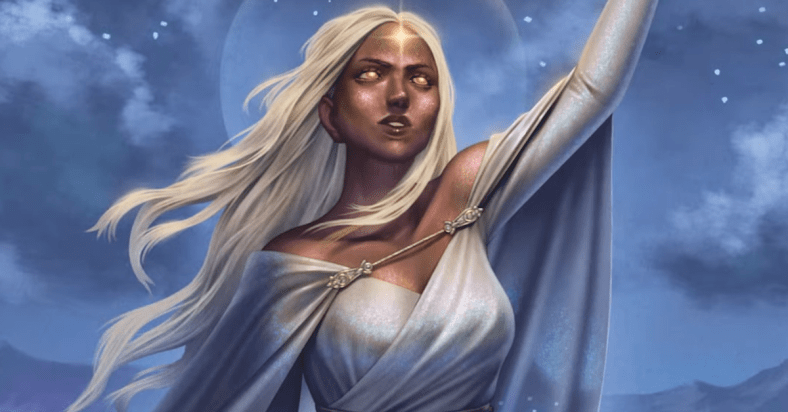
In delivering what is perhaps one of the most self-aggrandizing virtue signals in recent history, current Dungeons & Dragons Senior Game Designer Jason Tondro has taken to proudly touting the fact that much of the series’ original materials – which he condescendingly writes off thanks to having been made by “white dudes” – “would never pass our inclusivity reviews today”.

Tondro offered his take on the current state of the popular table-top RPG franchise while speaking with official D&D content creator Todd Kenreck in promotion of Wizards of the Coast’s upcoming series-centric history book, Dungeons & Dragons – the Making of Original D&D: 1970-1977.
[Time Stamp: 35:04]
Following a lengthy summary of the book’s contents, as well as his own history with the franchise, Tondro was eventually met by the observation from Kenreck that “It’s important [to note] that this is a historical document, so there are things in there – it was a different time, so we’ve had an inclusivity review of all these materials”, to which he enthusiastically replied, “Multiple. So let’s take a step back here. Let’s clarify. There are materials in original Dungeons and Dragons that would never pass our inclusivity reviews today.”
“Some of it you can understand,” the designer proceeded to argue. “Like, okay. These are a bunch of war gamers, and they’re using armies from history, so when they create a warrior class for D&D, they call it the Fighting Man [the original name for the Fighter class]! Because that’s what they were used to, they were all men, they were all white dudes from Lake Geneva and the Twin Cities.”
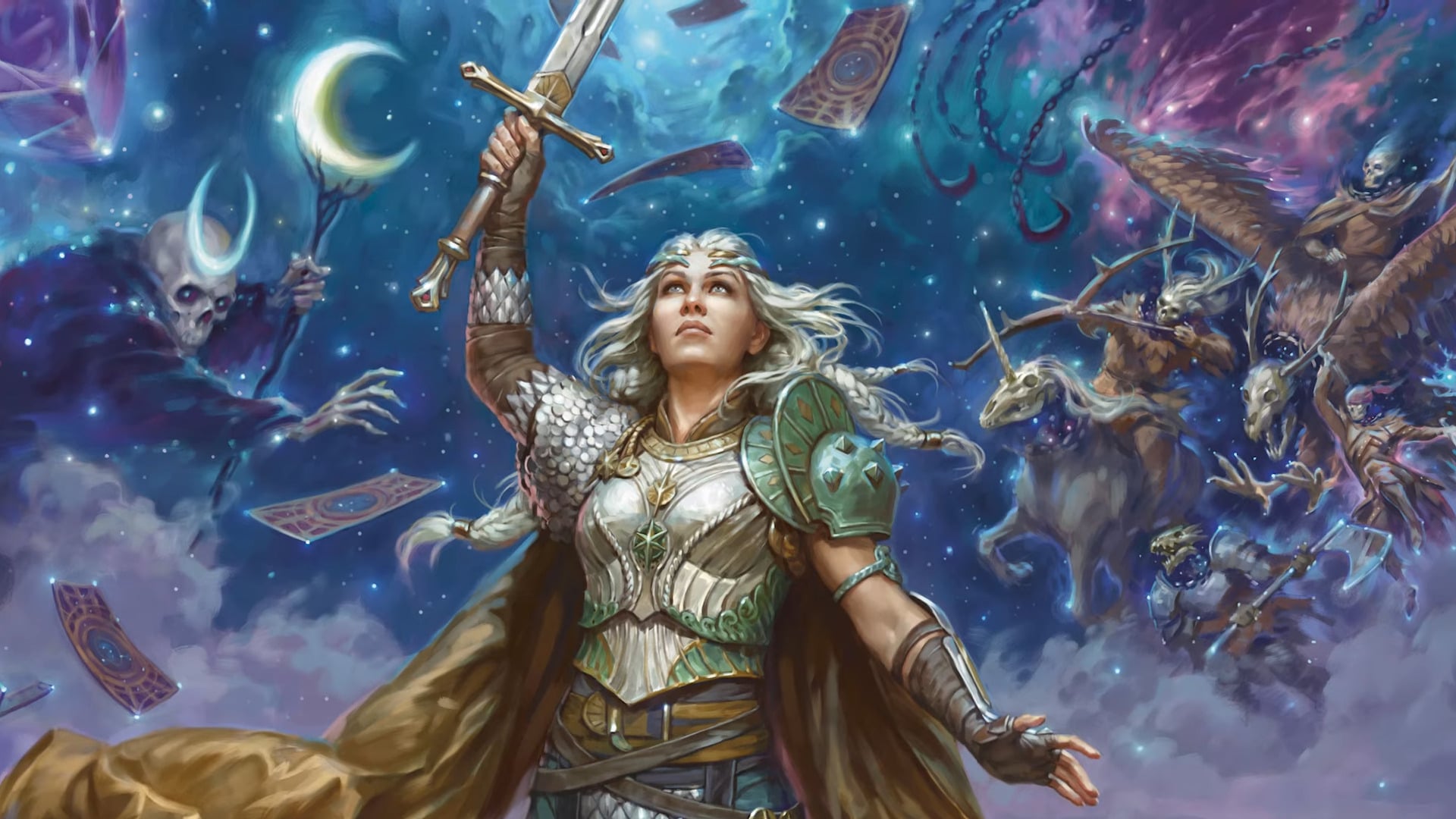
Yes, you read that right – Tondro just dismissed D&D creators Gary Gygax and Dave Arneson as nothing more than ignorant “white dudes”.
Following this insult, he continued, But that’s just the tip of the iceberg. There’s a lot of material in this book, and I won’t go over all of it, but it would not pass our inclusivity review today. We couldn’t change it, it’s history, what we can do is acknowledge it and show how far we’ve come because that’s not D&D anymore.”

Turning his virtue signal up to max brightness, Tondro further assured Kenreck, “D&D gets more diverse and has a larger audience everyday. The more diverse the game becomes, the more people of different genders and ethnic backgrounds and faiths see themselves in the game, then they go make their own versions of the game and more players start to see themselves represented in the game. The more diverse the creators get, the more diverse the players become, and that’s the way it should be.”
“So this book is very interesting, so I think it really highlights how far the audience is come and how the game has changed over the 50 years,” he concluded. “How it’s played, who plays it, and how it’s created, in many ways, the way that it’s created is the part that changed the least, because a huge driver in early D&D was fan creations, and that’s still true today.”
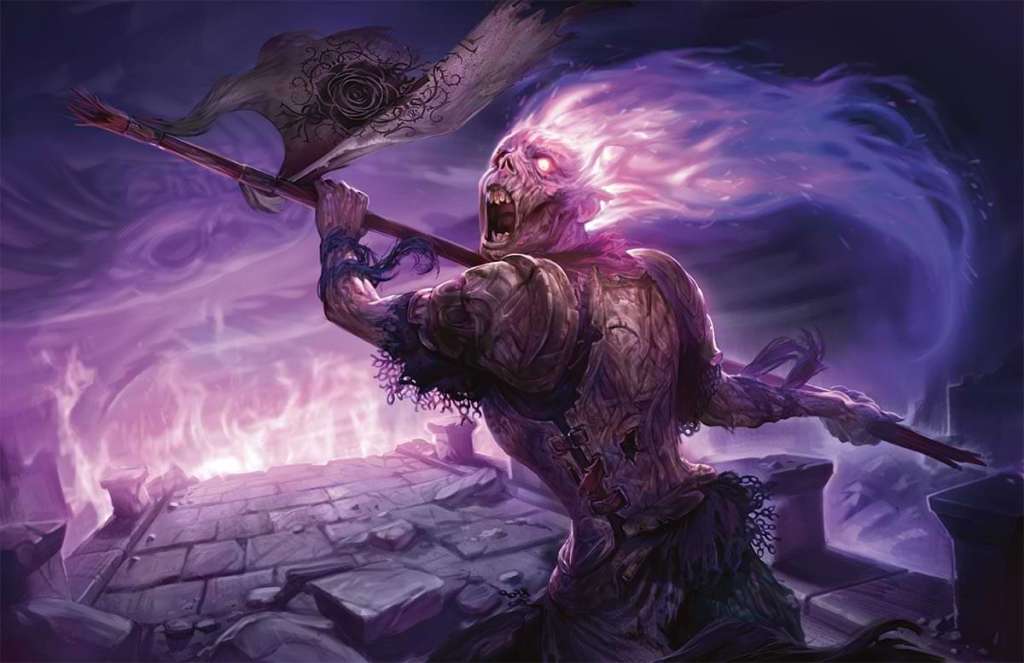
Hilariously, that last declaration by Tondro actually proves as a counter to everything he said above, as to his point D&D never barred anyone of any identity from being represented in the game specifically because its entire existence is based on the fact that the players create their characters and adventures as they see fit.
As with all other such declarations that ‘tabletop RPGs were never inclusive’, while some individual Dungeon Masters and story settings may implement some limits on character creation in order to help boost players’ immersion for a specific campaign, there has never been any official rule in D&D barring players from assigning whatever traits they want to their completely custom characters.
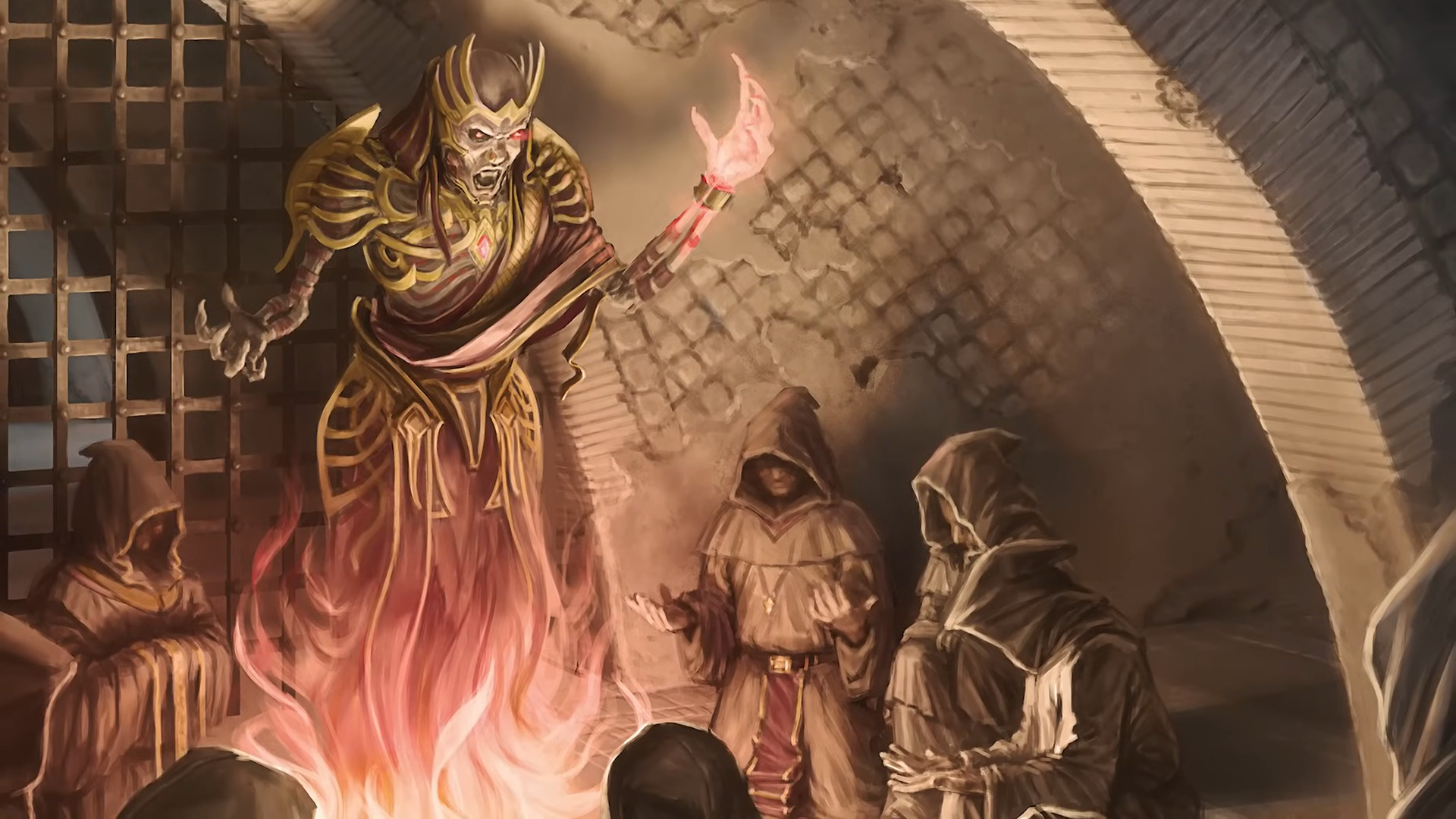
Further, it should be noted that it was not just Tondro’s interview with Kenreck which saw an official D&D source feign such pearl clutching towards the inclusion of the game’s original contents in The Making of Original D&D.
What follows is the book’s official description, wherein three sentences are dedicated to describing its actual contents while a full six are used to performatively and excessively assure readers that D&D parent company Wizards of the Coast in no way shape or forms endorses the ‘problematic’ subject matter contained within:
“Here is the ultimate record of how Dungeons & Dragons came to be. The Making of Original D&D is an extraordinary collection of rare documents that shed light on D&D’s origin story. Uncover materials never released to the public, including Gary Gygax’s first draft of original D&D, and early published writings such as the 1974 original D&D ‘White Box’ booklets and supplements. Each document is featured alongside insightful commentary from one of the game’s foremost historians, Jon Peterson.
Disclaimer: We (Wizards) recognize that some of the legacy content in this product does not reflect the values of the Dungeons & Dragons franchise today. Some older content may reflect ethnic, racial, and gender prejudices that were commonplace in American society at that time. These depictions were wrong then and are wrong today. This content is presented as it was originally created, because to do otherwise would be the same as claiming these prejudices never existed. Dungeons & Dragons teaches that diversity is a strength, and we strive to make our D&D products as welcoming and inclusive as possible. This part of our work will never end.”
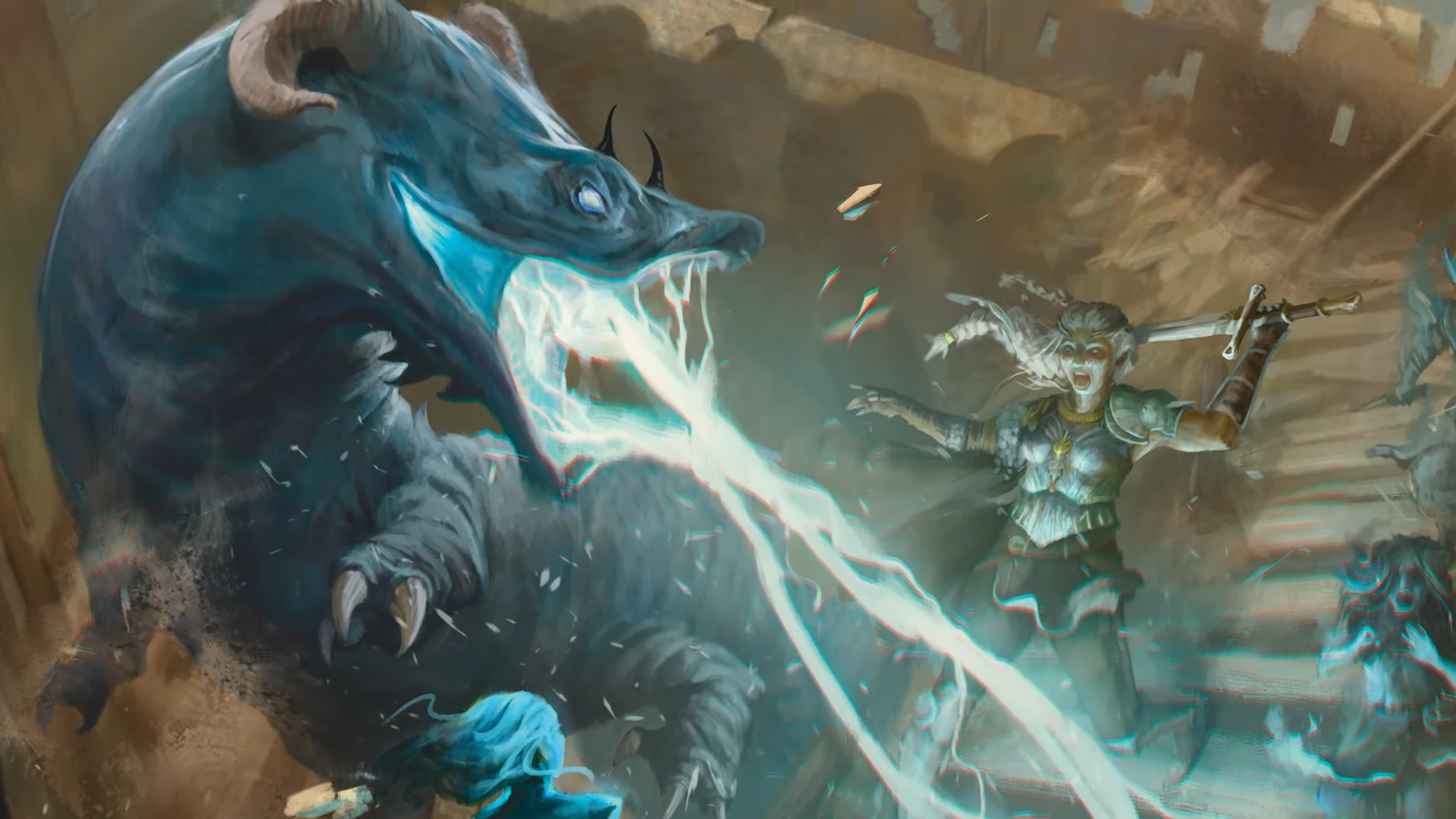
The Making of Original D&D is currently set to roll onto store shelves on June 18th.
More About:Tabletop Games & RPGs
